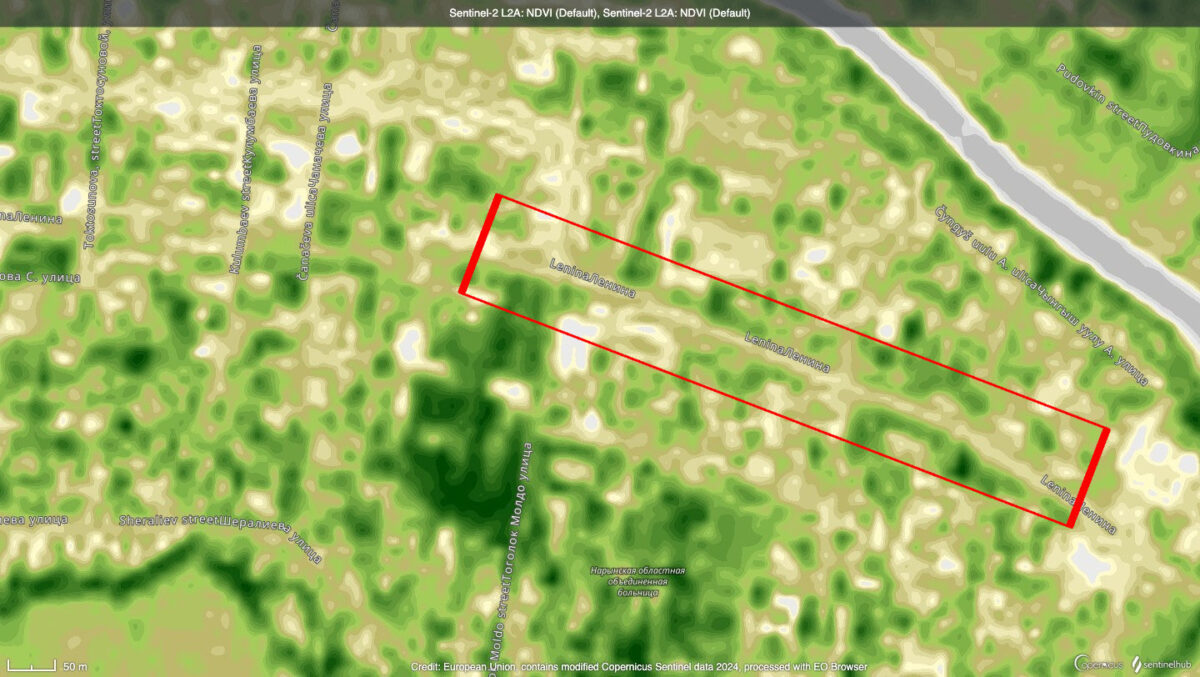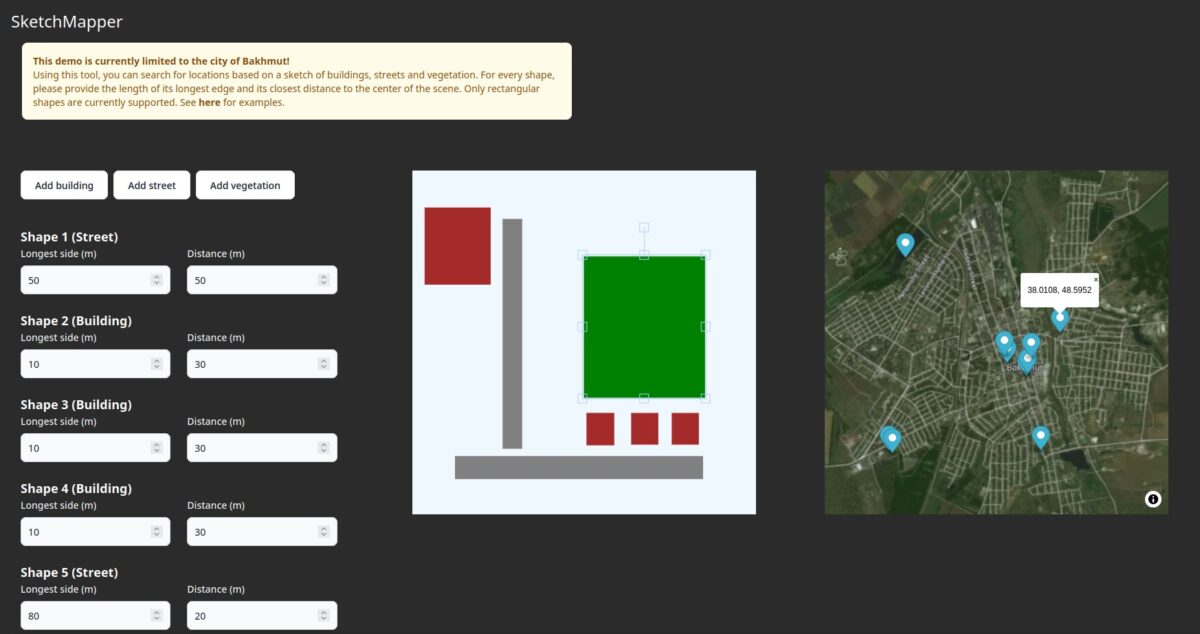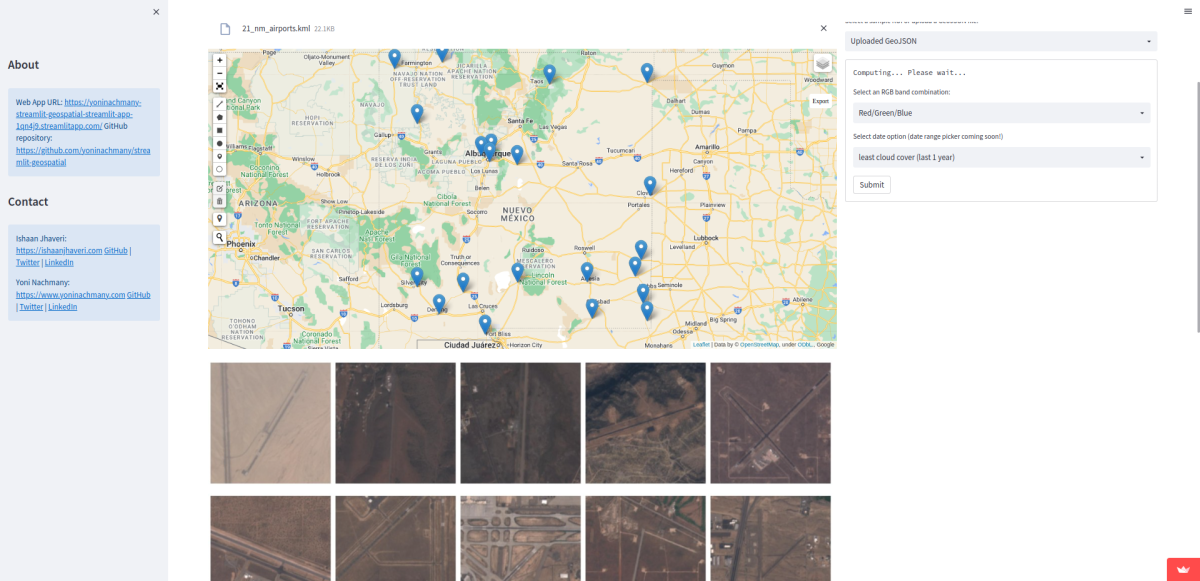Bringing Command Line Tools to the Browser and Investigating Russian Courts, Social Media Narratives, and Gaza's Landfills: Here are the Results of Bellingcat’s First In-person Hackathon
Earlier this month, Bellingcat hosted its fourth hackathon, our first to take place in-person. We’re excited to share the projects our participants brought to life over three days of intense hacking at the University of Amsterdam.
Unlike our previous hackathons, which followed narrower criteria, we encouraged participants to work on any kind of project within the scope of open source research. We saw teams design guides, build tools, dive into investigations, and even red team existing tools. We were happy to see the imaginative ways participants approached our three proposed broad themes:
- Making public open data more accessible and useful
- Visualising climate change and its consequences
- Understanding the visual culture of disinformation
We were lucky to meet over 45 participants and see their projects take shape from the first ideation activities to the final presentations to our panel of judges. The diversity of skills and interests made the event a great learning experience for participants and organisers.
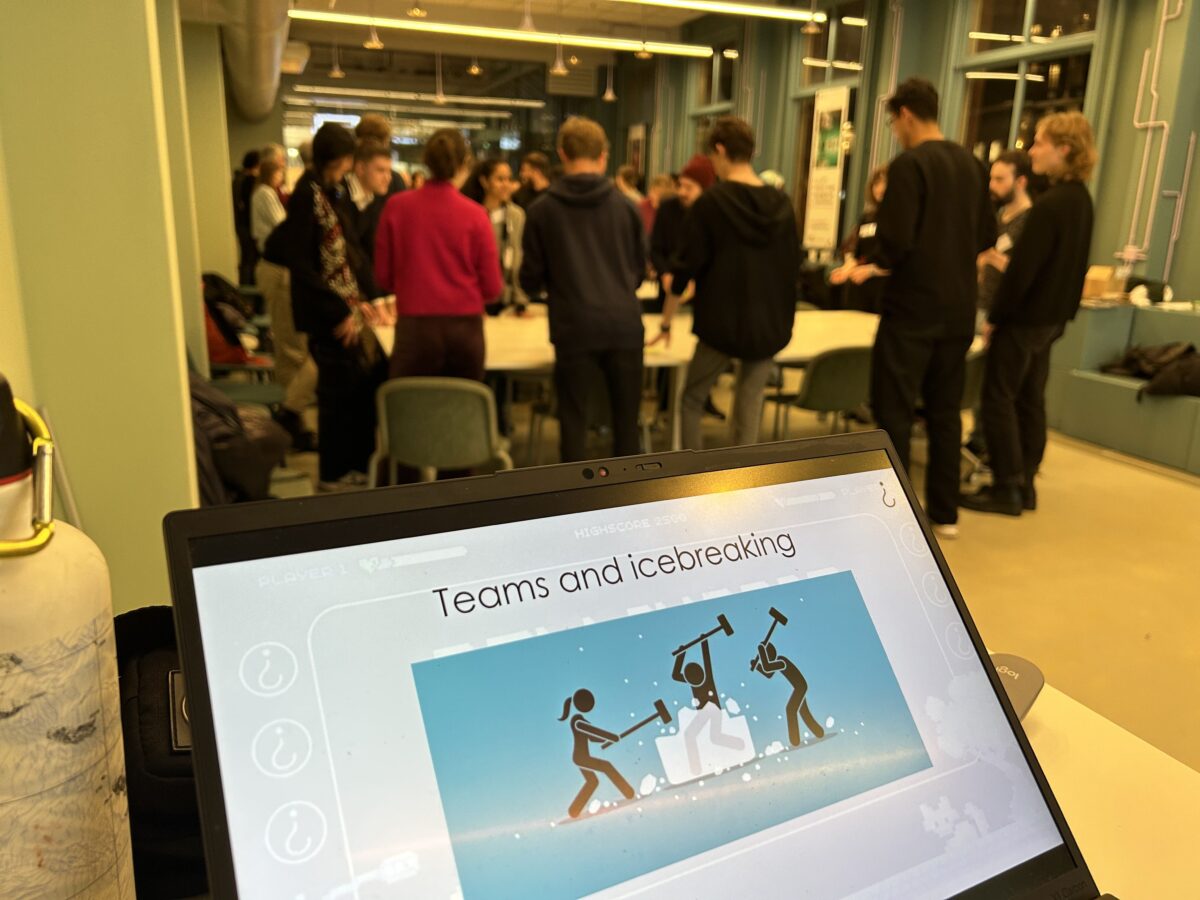
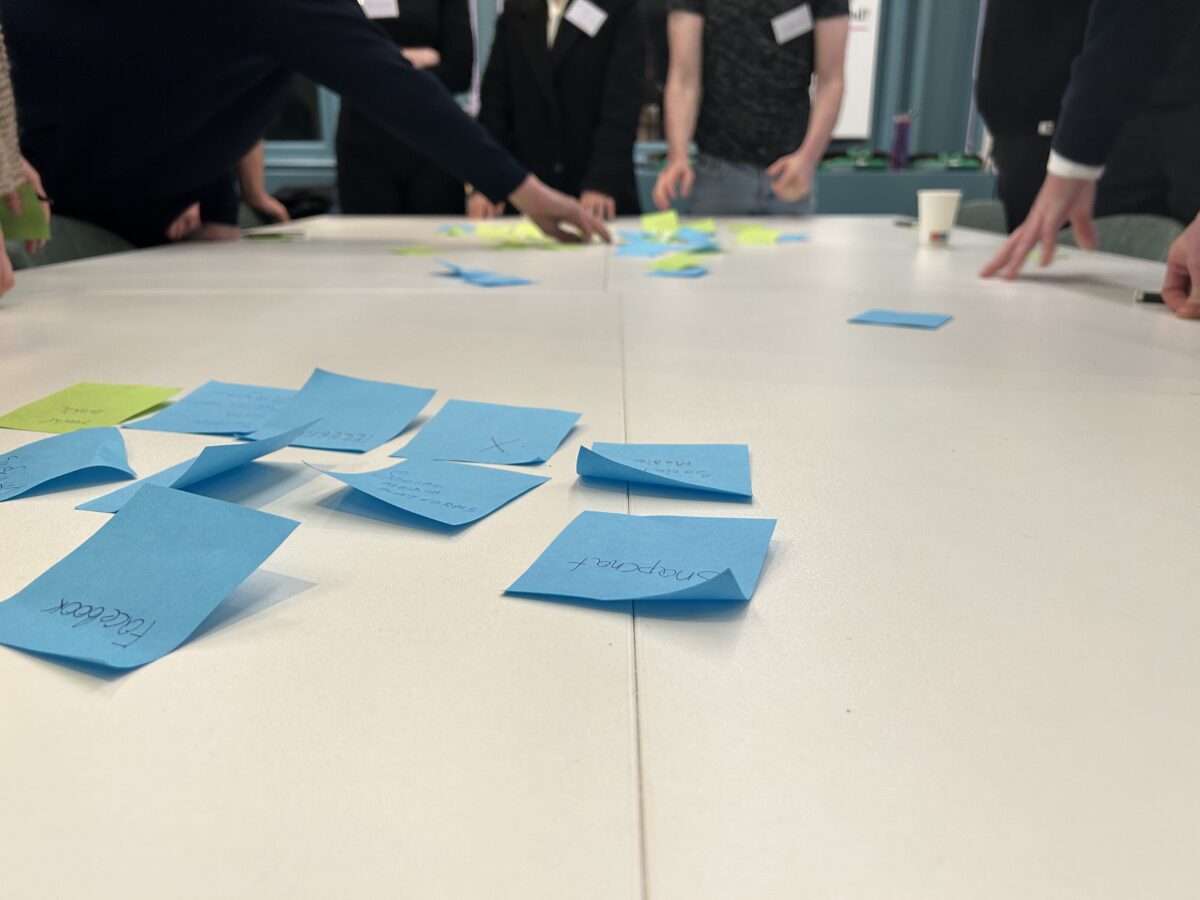
Given the Hackathon’s broad boundaries we choose to have four awards. One for Best Overall and three Commendations — for Impact, Accessibility, and Imagination. Our judging team comprised of visual investigations reporter Alison Killing of the Financial Times, professor of journalism and new media Erik Borra of the University of Amsterdam, and Bellingcat’s own researcher and journalist Michael Colborne. We thank them for their insightful comments and were glad to hear how surprised they were by the quality of the participants’ work.
We’re excited to present the final projects from our Fall Hackathon here with a brief explanation of each one. We hope to see them help and inspire open-source researchers in the future.
The Winners
Best Overall
Meal Prep by the UI4CLI team. Meal Prep is a general UI platform for CLI-based Python script tools, live tool URLs, and markdown files. With the insight that around 75% of open-source researchers don’t use command-line tools due to accessibility issues, Laurynas Keturakis and Mia Bonardi’s project aims to bridge the gap between tool developers and open-source researchers and journalists. Revealing their ingenuity, Meal Prep is built on top of an existing open-source code project — Docassemble. The jury was particularly impressed with the impact this project could have on how online investigations are conducted. You can view their code on GitHub.
Commendation for Impact
Identifying SOGI-based crimes in Russian court decisions by Dataout’s Andrei Nesterov. This project develops a replicable methodology for uncovering crimes motivated by prejudices against someone’s Sexual Orientation and/or Gender Identity (SOGI) in Russian court decisions. Using sudrfparser to scrape over 2000 Russian court websites, Andrei investigated SOGI-based crimes between 2021 and 2022 by filtering the data based on text search, criminal code articles, and manual validation. This led to an initial dataset of 42 such crimes. The jury was impressed by how this methodology was successfully applied and by its potential impact due to the ease of replicability to other investigations.
Commendation for Accessibility
Matchmaker by team Le Chapeau. Yasha, Fabio, Fraser, Renu, Dasha, and Andrey formed a team of six and combined their skills to test and compare four approaches for detecting narratives on social media. Using data from Bellingcat’s QAnon dataset, the team first set a baseline by doing a manual narrative identification and then compared those results to incrementally technical approaches: using entity detection, then entity clustering, and finally ChatGPT. Their results are promising and show, for example, how ChatGPT was able to identify structured information, it could not find all human-found narratives but did find some new ones. The jury appreciated how the insights from this project can inform future work on disinformation research and make it more accessible given how slow this task is when done by hand.
Commendation for Imagination
Investigating Landfills in Gaza by team UVA trash(wo)men. Meg Kitamura, Nora Svensson Hahr, and Jesper Brinkhof worked on a methodology to investigate landfill management worldwide and zoomed in on waste management in six landfills in the Gaza Strip. Among their findings is how fire data, such as NASA FIRMS, can be used to study waste mismanagement in the Gaza Strip. Check their presentation for a full run-down. The jury was pleased to find a well-known open-source research technique being used imaginatively in this new scenario and how that can inspire more lateral thinking in the field.
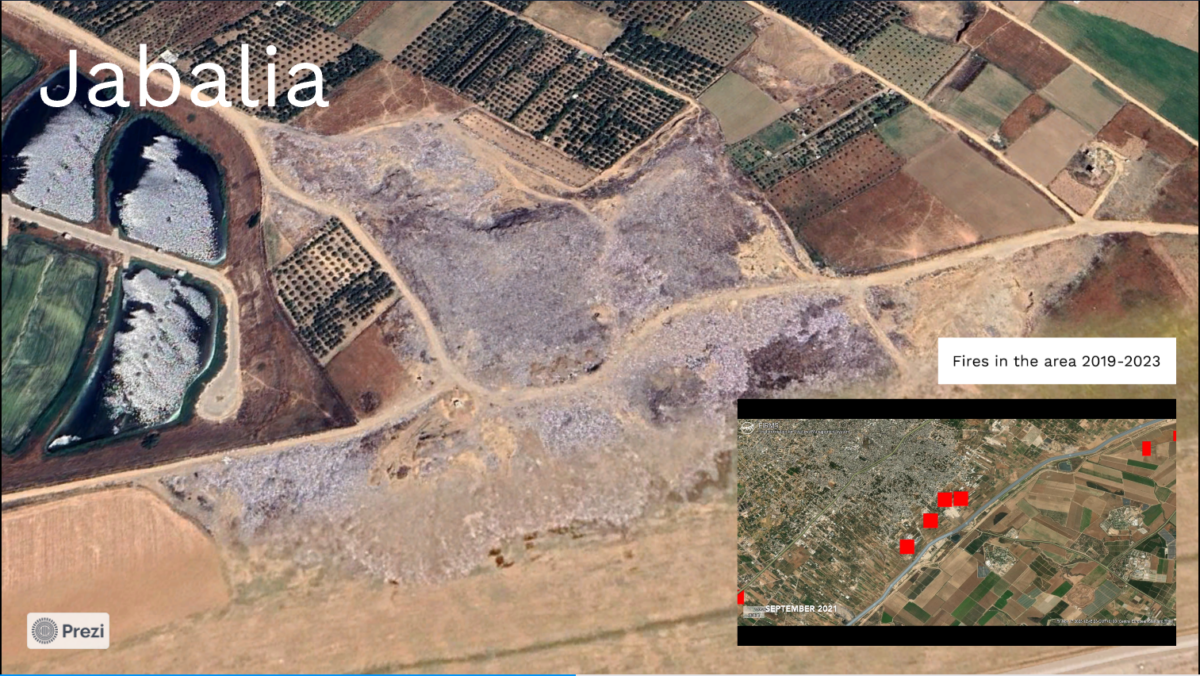
Generative AI, Disinformation, Outer Space Trash, Gang Violence Through Drill Music
Again, judging this hackathon was tough. Every project was thoughtful and deserving of praise, whether for taking on important subject areas, exploring novel open source methods or for sheer inventiveness and imagination. The other projects to come out of the event are listed below and we invite you to check out their linked GitHub repositories for more information on each one.
AI Influencers, a project investigating the online presence of artificial intelligence generated influencers on Instagram and Twitter. Jacky and Veronika produced an infographic with insights and a dataset of existing AI Influencer accounts.
ContrFinder by Anastasiia Iurshina and Kristina Nedzvetskaia of team Bienenstich [a delicious German dessert cake – Ed.] built a tool to detect contradictions in multilingual text data.
Investigating London Gang Violence with Music by Adnaan Jiwa, Winnie Lee, and Cees van Spaendonck. Gang culture in London is a prevalent issue reflected in the expression of individuals through drill music, which in this project is investigated by both content (lyrics) and contextual analysis. The team developed a set of tools, datasets, and an article to aid researchers in exploring London gang culture and related gang violence.
Flooding in Ballia by Hannah Hamilton, Maggie Spider, and Jiri Svboda of The Bird Sanctuary team. Using satellite imagery and user generated content the team delved into the open-source data that can paint a more complete picture of an area affected by climate change.
Adana by Denis Zvyagintsev and @soxoj of team WatchCats. Adana, or Analytical DAshboard (for NArratives), is a dashboard to visualise statistics, topics and sentiments of narratives from social media posts scraped data. You can try their tool here.
Synthetic image detection and evasion by Kolenyo, Opos, and Kat of the Synthetic Disinfo Team. With the goal of enabling better synthetic image detection and understanding how existing tools perform, the team tested how different aspects and tunable parameters of a small sample of AI-generated images reflect on the detection models. Check their work in this presentation.
Analysing Sources of Climate Disinformation on Reddit by Simon Castles, Shiva Shah, Zachary Horsington and Martin S. of The Global Security Initiative team. The team sets out to analyse influential Reddit users as sources of climate disinformation via multiple text and network analysis methods using a scraped dataset.
Unravelling the Link by Arina Mahmoudian, Sikharin Yotin, Brittany Zelada, and Naufal Rafif Siahaan of team POSINT Bellingkitten. Following the exodus of Myanmar’s mass Rohingya displacement in 2017, the project aims to find the correlation between the spread of hate speech on Twitter and the occurrence of fires within the border regions of Bangladesh and Myanmar.
A report and study of Satellite Junk in Space as of 2023 by Anabella Villanueva, Anushikha Chaudhuri, Julia Krönert, Laura Dea Vamper, and Polina Yordanova of team Space Junkies. In this project, the team analysed the population trends of satellites in lower, medium and geostationary orbits and how space junk should be considered as a serious point of discussion in the near future. You can watch their excellent video presentation below.
Many thanks again to all of the participants, the judges, and to the University of Amsterdam for hosting.
Bellingcat is a non-profit and the ability to carry out our work is dependent on the kind support of individual donors. If you would like to support our work, you can do so here. You can also subscribe to our Patreon channel here. Subscribe to our Newsletter and follow us on Instagram here, X here and Mastodon here.
